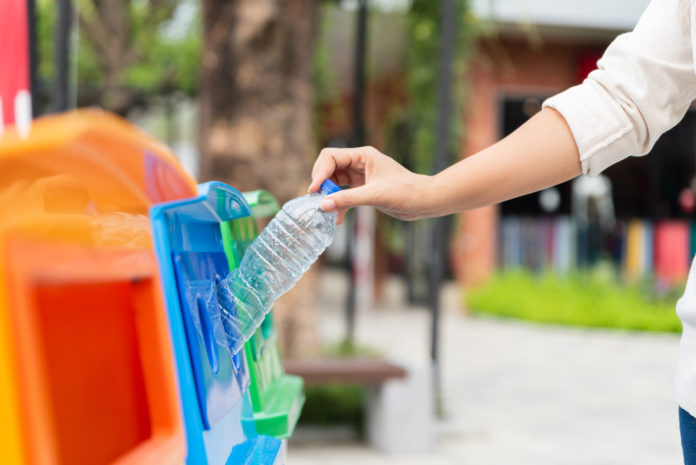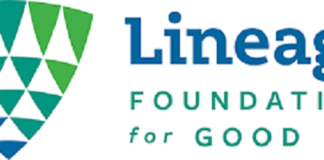
- 92% of people believe food and beverage brands should actively promote recycling.
- 81% of people prefer to buy from brands that have made a commitment to environmental sustainability.
- More than half of consumers are willing to pay more for recyclable products.
But still, according to a recent report by the EPA, more than half of the trash generated in the United States ends up in the landfill.
This is, in part, because recycling is hard, as anyone who has spent several minutes staring at a garbage/recycling/composting station trying to figure out what goes where can attest.
The EPA puts it like this:
“Most Americans want to recycle, as they believe recycling provides an opportunity for them to be responsible caretakers of the Earth. However, it can be difficult for consumers to understand what materials can be recycled, how materials can be recycled, and where to recycle different materials. This confusion often leads to placing recyclables in the trash or throwing trash in the recycling bin or cart.”
On November 15, to coincide with America Recycles Day, the EPA announced that it would set new voluntary recycling goals.
Some areas have taken, or are considering, stricter measures, especially to address growing concerns around plastics, which are landfilled in greater quantities than other materials like paper and glass. Next year, Californians may get a chance to vote on a measure that would, among other things, levy a $0.01 fee on plastic manufacturers for each piece of plastic packaging and require that all packaging be recyclable, reusable, or compostable by 2030. For its part, Canada plans to ban all single-use plastics as early as 2021 and hold plastics makers and manufacturers that sell products in plastic packaging responsible for their plastic waste.
Some major companies are also stepping up to the plate. Last year, Nestle announced a plan to make its packaging 100% recyclable by 2025, and Coca-Cola will test 100% recycled plastic bottles in Sweden.
But making plastics more recyclable doesn’t guarantee more recycling. Many plastics are difficult to recycle (i.e., they aren’t #1 or #2 plastics, so they can’t go in your standard municipal recycling bin). And, as the EPA pointed out, this often leads to people simply throwing them away.
Let’s look at some innovative programs that make recycling easier.
Partnerships between food companies and recycling companies
TerraCycle is an innovative recycling company focused on making hard-to-recycle plastics easier to recycle. They partner with many companies to create free mail-in recycling programs. To participate, consumers sign up online, collect their packaging, and mail it back using a prepaid shipping label. For every pound recycled, participants earn points that they can redeem for charitable donations.
TerraCycle has partnered with a variety of food companies, including Gerber, Barilla, Clif Bar, and many more. View the full list of collection programs.
Using easily recyclable materials
Many companies are switching to materials that are easier to recycle, like glass and paper. Innovators in this space include:
- Boxed Water Is Better, which uses cartons made of 100% recyclable materials, most of which is paper (74% paper, 20% plastic, and 6% aluminum).
- GF Harvest, which won several awards at the 2017 North America Paperboard Packaging Competition for their single-serve oatmeal packaging: a collapsible cup that’s convenient, completely recyclable, and comes with a spoon.
Reusing packaging
We all know the mantra “Reduce, Reuse, Recycle.” Companies often concentrate on the third item, while leaving consumers to deal with the first two. But Loop (another TerraCycle company, funded by Nestle) is looking to change that. Loop is a home subscription service that works the same as glass milk bottles — consumers purchase items in reusable packaging, paying a deposit that is refunded when they return the packaging for reuse.
Both Kroger and Walmart have partnered with Loop to provide a range of products. Most are household items (laundry detergent, soap, etc.), but there are a few food items on the list, including Haagen Dazs ice cream, Teva Deli plant-based burgers, and a variety of products (from crackers to pasta to oatmeal) from Puretto, which is Loop’s brand.
While it’s clear that consumers are concerned about the environmental impact of their waste, the complicated sorting process has brought a lot of recyclables to the landfill over the years. Fortunately, legislators, food companies, and recycling programs are stepping up to clear up the confusion and help consumers do their part to create a cleaner earth.








